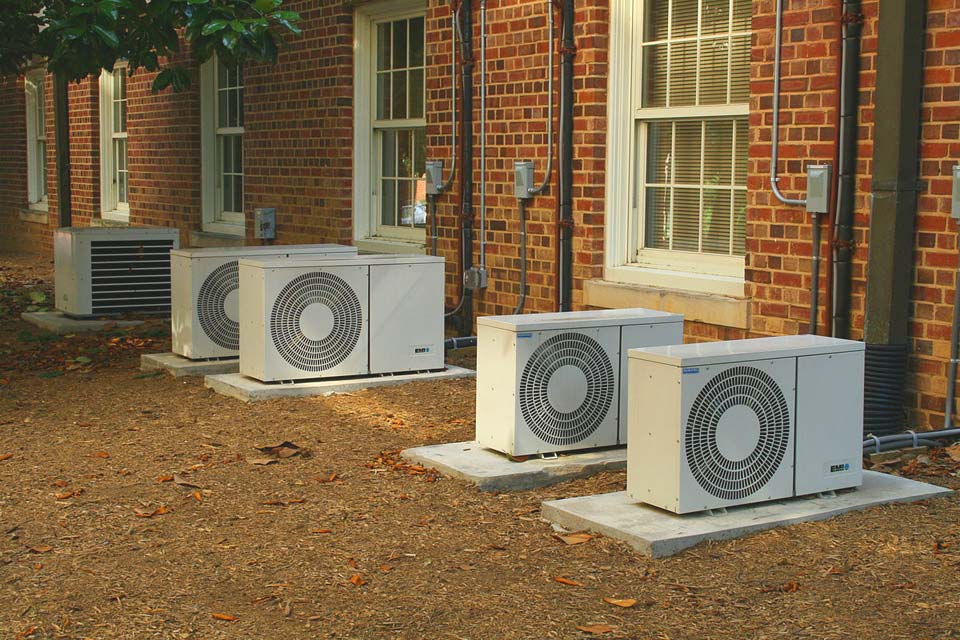How an air conditioning system is used contributes to whether it is eco-friendly.
According to air conditioning consultants at airandwater.com.au, those interested in having a smaller carbon footprint – i.e., using less of the earth’s resources, can quickly adopt a few techniques to ensure their air conditioner runs more efficiently.
Not only will they use less power, but it will also cost them less over the unit’s life, so they are saving. Often, what is good for the earth also brings financial benefits to us.
Here are 17 tips to ensure your air conditioner use is eco-friendly.
- Make sure you close windows and doors when the air con is on.
- Seal all those gaps around the doors and windows and anywhere else you can find them.
- If possible, set the thermostat for between 24-26C in the summer, as a temperature below that will increase the cost of running it by 10%. This may not be possible in heatwave conditions.
- When the outside temperature drops, turn the a/c off and open all the doors and windows. Use a fan to help circulate cool air, as fans take less power.
- Open windows to the prevailing breeze and open another window opposite it to help the airflow through. This can often be enough without the a/c.
- Use the economy setting; you don’t need to have it freezing.
- Close off rooms you are not using so they are not cooled or heated unnecessarily.
- Use rubber-backed curtains for insulation on windows where the sun shines in. Keep the curtains closed while the sun is shining on them.
- Using a portable fan with the air conditioner will help to circulate the cold air and eliminate hot spots.
- If your air compressor is located outside in a west-facing spot, try and shade it with shade cloth or an awning. Be careful not to restrict airflow around the unit.
- Make sure to keep bushes and grass from growing into the unit.
- Get regular servicing and maintenance.
- Always clean the filters when they are due and replace them when worn out.
- Grow conifers along the western side of the house, if possible, to help throw shade.
- After the house cools off overnight in summer, shut the windows and doors early the following day to keep the cool air in.
- Check the ducting if you have ducted the a/c to ensure it is not torn, as leaking ducts only cool the roof cavity, not your rooms.
- Don’t use ceiling fans in hot weather; they only push the hot air back down. But use them in the winter to send the hot air that rises back to your cold floor.

